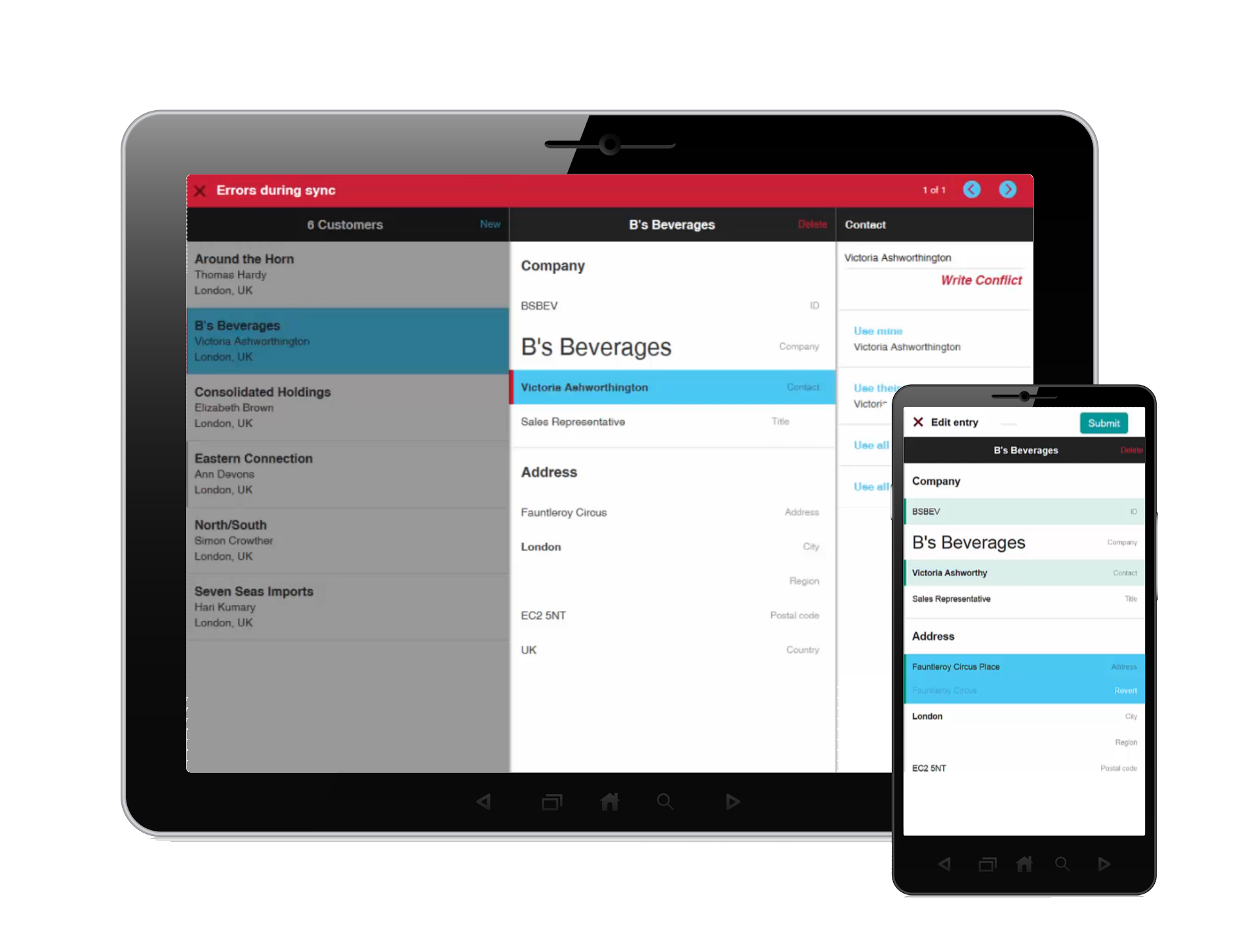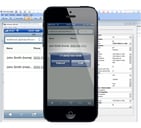The Bring Your Own Device (BYOD) trend that has been well under way for several years is more talked about than it is understood. But now, in the BYOD & Mobile Security report, mobile app business developers have a chance to understand the trends driving it, how enterprises handle it, and businesses' concerns about it. And that can help developers make the right choices when developing mobile apps.
The report was created by the Information Security group on LinkedIn, and co-sponsored by a variety of companies including IBM, Vectra, Lumension and ZixCorp. It surveyed more than 1,100 IT security experts, although the report covers far more than security. You can download it here.
Platform Support
For developers there are a number of findings beyond those related to security that are particularly useful to know. Chief among them are which BYOD platforms are most commonly supported. The report found that iOS is dominant, with 75 percent of companies with BYOD policies supporting it. That's up from 72 percent a year ago. Android devices are supported in 69 percent of companies, up from 61 percent a year ago. The biggest gainer in the last year were Windows devices, with 66 percent support compared to 61 percent support a year ago. And Blackberry still has support, although it's declining: 40 percent this year compared to 48 percent a year ago.
The most common form factor among supported mobile devices are smartphones, at 87 percent. That's followed by laptops, with 79 percent support, and tablets with 68 percent support.
What Kinds of Apps
What business apps are most popular on BYOD devices? Email/Contacts/Calendaring apps are ahead by a long shot, used on 86 percent of mobile devices. Second most popular is document access and editing apps, used on 45 percent of devices. Third was access to Sharepoint and a company's Intranet, on 41 percent of devices. Surprisingly, access to company-built applications was on only 34 percent of BYOD devices. This means that most deployments probably don't use custom-built mobile business apps.
Security
As for the security findings, there were no great surprises. The biggest BYOD security concern is loss of company or client data, which 67 percent of companies worry about. The next biggest security concern is unauthorized access to company data and systems, which 57 percent of companies worry about.
The report was created by the Information Security group on LinkedIn, and co-sponsored by a variety of companies including IBM, Vectra, Lumension and ZixCorp. It surveyed more than 1,100 IT security experts, although the report covers far more than security. You can download it here.
Platform Support
For developers there are a number of findings beyond those related to security that are particularly useful to know. Chief among them are which BYOD platforms are most commonly supported. The report found that iOS is dominant, with 75 percent of companies with BYOD policies supporting it. That's up from 72 percent a year ago. Android devices are supported in 69 percent of companies, up from 61 percent a year ago. The biggest gainer in the last year were Windows devices, with 66 percent support compared to 61 percent support a year ago. And Blackberry still has support, although it's declining: 40 percent this year compared to 48 percent a year ago.
The most common form factor among supported mobile devices are smartphones, at 87 percent. That's followed by laptops, with 79 percent support, and tablets with 68 percent support.
What Kinds of Apps
What business apps are most popular on BYOD devices? Email/Contacts/Calendaring apps are ahead by a long shot, used on 86 percent of mobile devices. Second most popular is document access and editing apps, used on 45 percent of devices. Third was access to Sharepoint and a company's Intranet, on 41 percent of devices. Surprisingly, access to company-built applications was on only 34 percent of BYOD devices. This means that most deployments probably don't use custom-built mobile business apps.
Security
As for the security findings, there were no great surprises. The biggest BYOD security concern is loss of company or client data, which 67 percent of companies worry about. The next biggest security concern is unauthorized access to company data and systems, which 57 percent of companies worry about.








Comment